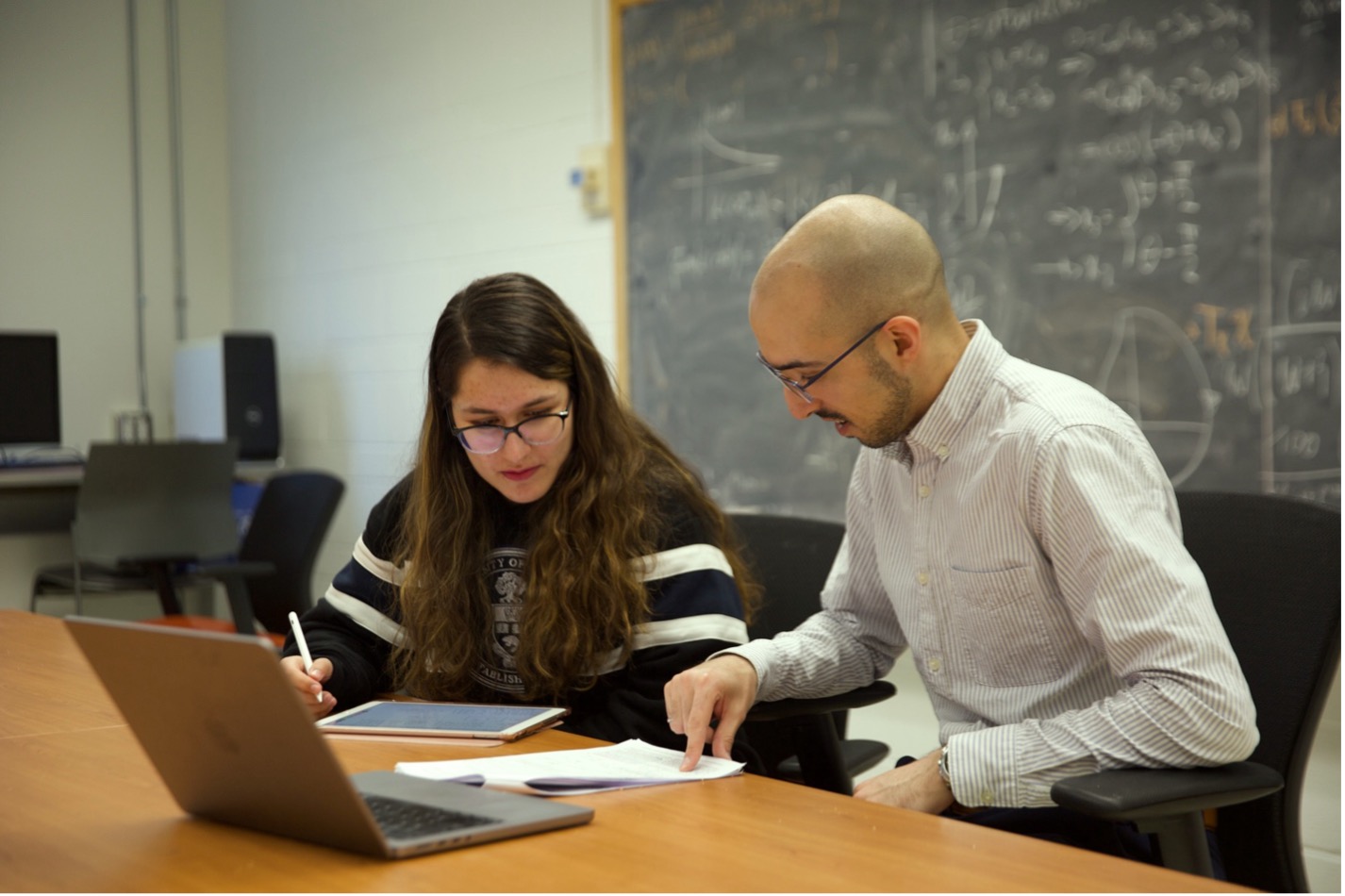As Canada moves towards its 2050 net-zero goal, the transition to renewable energy sources will put a strain on existing energy infrastructure and legacy control systems, decreasing grid reliability and increasing operational costs.
In response to these challenges, Professor John Simpson-Porco (ECE) is working to ensure energy grid reliability, with support from the Ontario Early Researcher Award.
Ontario’s grid was originally designed to be powered by large generation plants, using stable and predictable energy sources such as coal, nuclear, natural gas and hydroelectric. Today, as numerous, decentralized sources of renewable power and storage have added complexity to the energy system, the grid needs to adapt to handle this new flow of power efficiently, safely and reliably.
“In a way, there used to be only a few big knobs to turn for Ontario’s grid operators to balance power supply with demand. Now there are many more knobs you need to keep an eye on, from small solar and wind farms to Tesla batteries in people’s homes,” says Simpson-Porco.
His research in data-driven control and estimation aims to find new ways to manage the flow of power and understand how key information will be transferred and used within the power system.
Control engineering is a multidisciplinary field that uses feedback to make systems behave reliably. A common example is the cruise control system in a car, which maintains a chosen speed. Feedback controllers are deployed across all engineering systems to achieve reliability, where they automatically adjust the system to make it do exactly what you expect it to do, every time. In a way, Simpson-Porco’s research is about keeping the grid in cruise-control.
“Control is often referred to as a hidden technology; if it’s working properly, you’ll never know it’s there,” says Simpson-Porco.
Control engineering work typically requires three main steps: modelling the system, using the model to develop the controller (which will interact with and manipulate the system), and then validating the success of the design using theory, computer simulation and experiments. While modern advanced controllers are effective tools, designing them does require accurate models, which are costly to build and maintain. Additionally, most design methods result in centralized control architectures, which fit nicely with the traditional “few-knob” power grid but are not suitable for today’s changing “many-knob” system.
“How do we update the control architecture of the grid to ensure the consistent and safe flow of power? There currently aren’t any best practices for how to do this, and how new architectures should inform control design,” says Simpson-Porco.
His research seeks to develop simple, high-performance data-driven controllers for use in energy system applications. This approach aims to modernize established control techniques by integrating existing grid data directly into the design phase, bypassing any model building steps. The resulting designs will retain both the simplicity of established methods and the performance benefits of advanced data-driven approaches.
“My hope is that this research will place Ontario at the cutting edge of data-driven control research enabling cleantech companies, utilities and grid operators to deploy practical data-driven controllers, increasing system reliability and reducing energy costs for consumers,” says Simpson-Porco.
“This new funding may also help produce theoretical approaches to other industries such as advanced manufacturing or robotics, among others.”





